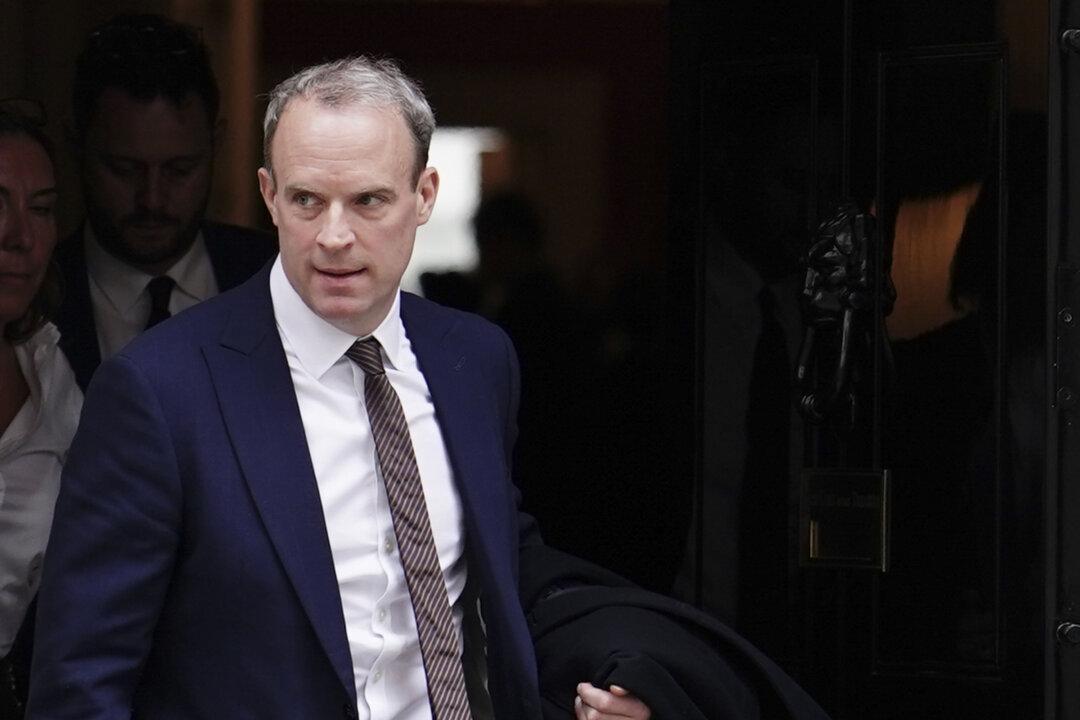Dominic Raab has resigned from his roles as the UK’s deputy prime minister and justice secretary over claims of bullying.
Raab said in a statement on Friday that he felt “duty bound” to resign after an inquiry found he had acted in an “intimidating” manner, but he also claimed the findings “are flawed and set a dangerous precedent for the conduct of good government.”





